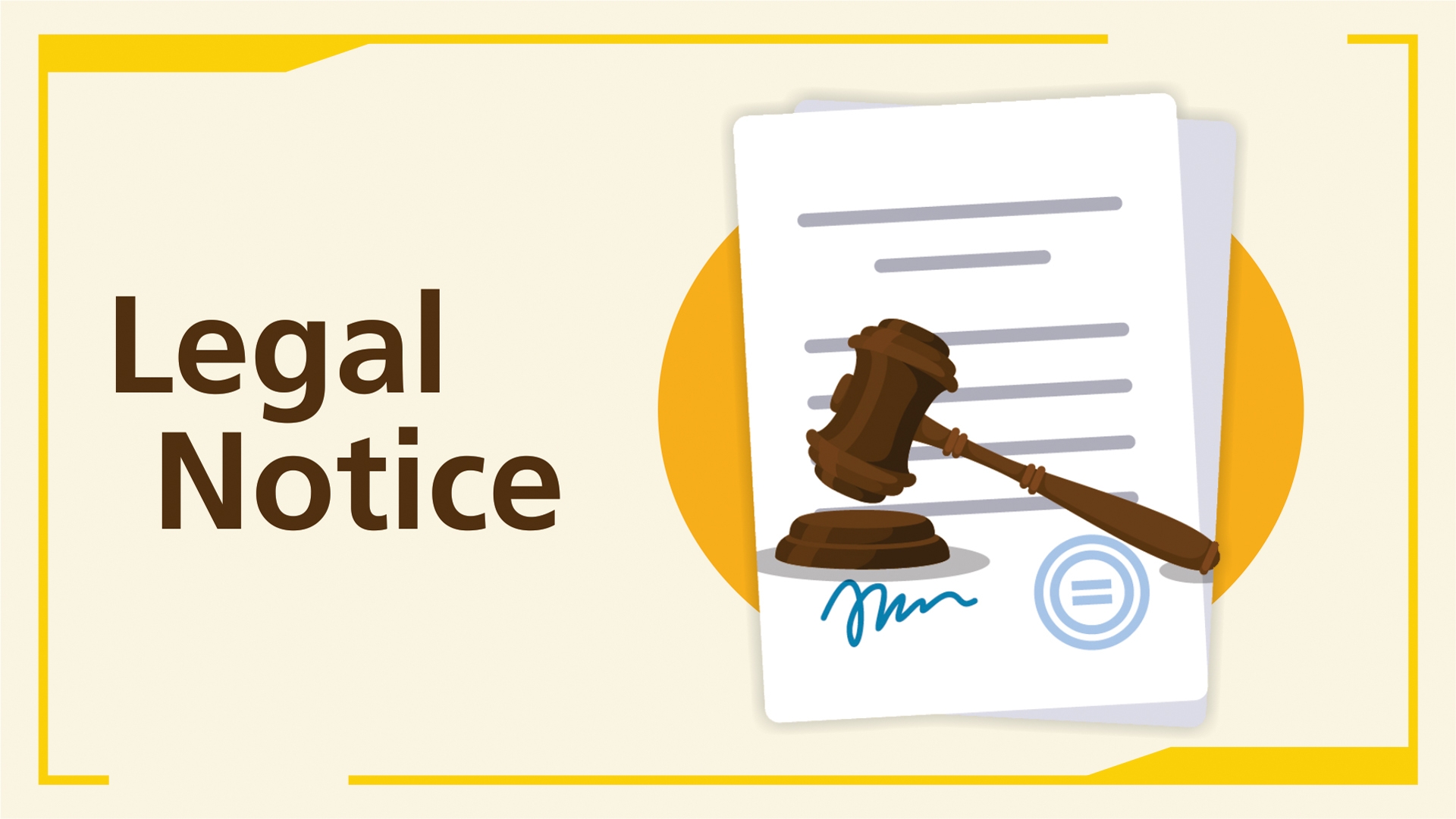Responding to a Legal Notice: Do’s and Don’ts for a Strong Defense

Receiving a legal notice can be an unsettling experience, but it’s a critical moment that demands a prompt and strategic response. In India, legal notices are often the first step in disputes like cheque bounces, property conflicts, or contract breaches, signaling potential legal action. Whether the notice was sent traditionally or through platforms that allow you to send a legal notice online in India, responding effectively is key to protecting your rights. This blog outlines the essential do’s and don’ts for crafting a strong defense, with guidance on leveraging lawyers for legal notice in Delhi and legal notice lawyers in Noida to navigate the process.
What is a Legal Notice?
A legal notice is a formal written document sent to an individual or entity to address a grievance, demand action, or warn of legal proceedings. It’s commonly used in cases like:
-
Cheque bounces under Section 138 of the Negotiable Instruments Act.
-
Property disputes, such as encroachments or lease violations.
-
Consumer complaints or breach of contract issues.
The notice typically demands a response or remedy within a set period, often 15 to 30 days. Ignoring it can lead to court proceedings, making a timely and well-crafted response crucial.
Why Responding to a Legal Notice Matters
A legal notice is not just a formality—it’s a legal document that can impact your case if it escalates to court. Responding properly:
-
Shows Good Faith: A thoughtful reply demonstrates your willingness to address the issue, which can influence court perceptions.
-
Prevents Escalation: A well-handled response can lead to a settlement, avoiding costly litigation.
-
Protects Your Rights: It allows you to clarify your position or challenge baseless claims.
-
Meets Legal Deadlines: In cases like cheque bounces, failing to respond within 15 days can strengthen the sender’s case.
Do’s for Responding to a Legal Notice
Follow these steps to craft a strong and effective response:
Do: Act Promptly
Respond within the timeframe specified in the notice, typically 15 to 30 days. Delays can weaken your position or lead to assumptions of guilt, especially in cheque bounce cases under Section 138. If you’re unsure how to proceed, consult lawyers for legal notice in Delhi or legal notice lawyers in Noida immediately.
Do: Consult a Lawyer
Engage lawyers for legal notice in Delhi or legal notice lawyers in Noida to review the notice and draft a professional response. Legal experts can identify flaws in the notice, suggest defenses, and ensure your reply complies with Indian laws. Platforms like LawChef, which also allow you to send a legal notice online in India, can connect you with experienced lawyers.
Do: Acknowledge the Notice
Begin your response by acknowledging receipt of the notice, including its date and mode of delivery (e.g., registered post or online). This establishes a clear timeline and shows you’re addressing the issue formally.
Do: Address Each Point
Respond to every claim in the notice methodically:
-
Agree: If parts of the notice are valid, admit them and propose a solution (e.g., payment in a cheque bounce case).
-
Deny: If claims are baseless, clearly refute them with facts or evidence.
-
Seek Clarification: If the notice is vague, request specific details to understand the grievance.
Do: Provide Evidence
Support your response with relevant documents, such as contracts, receipts, or communication records, to strengthen your defense. For example, in a cheque bounce case, provide proof of payment disputes or bank errors if applicable.
Do: Propose a Resolution
If possible, suggest a reasonable solution, such as negotiation or mediation, to resolve the dispute amicably. This shows good faith and may prevent litigation.
Do: Use a Professional Tone
Keep your response formal and respectful, even if you disagree with the claims. Avoid emotional or confrontational language to maintain credibility.
Do: Send the Response Properly
Deliver your reply via registered post or courier for proof of delivery, mirroring how the notice was sent (e.g., if it was sent via a platform to send a legal notice online, ensure your response is trackable). Retain copies of the response and delivery receipts.
Don’ts for Responding to a Legal Notice
Avoid these common mistakes to protect your position:
Don’t: Ignore the Notice
Ignoring a legal notice can lead to court proceedings, default judgments, or penalties, especially in time-sensitive cases like cheque bounces. Act quickly to avoid escalation.
Don’t: Respond Emotionally
Avoid aggressive or defensive language. A professional, fact-based response is more effective and legally sound.
Don’t: Admit Liability Prematurely
Don’t accept blame or make payments without consulting a lawyer, as this could weaken your defense. For example, in a cheque bounce case, verify the notice’s validity before agreeing to pay.
Don’t: Miss Deadlines
Failing to respond within the specified period (e.g., 15 days for cheque bounce cases) can allow the sender to file a case under Section 138 or other laws. Track deadlines carefully.
Don’t: Respond Without Legal Advice
Self-drafted responses may miss legal nuances or include errors. Rely on lawyers for legal notice in Delhi or legal notice lawyers in Noida to ensure your reply is robust.
Leveraging Online Platforms for Legal Notices
If you’re responding to a notice sent through a platform used to send a legal notice online in India, you can use similar platforms to consult lawyers and draft your response. Services like LawChef
- Art
- Causes
- Crafts
- Dance
- Drinks
- Film
- Fitness
- Food
- Jeux
- Gardening
- Health
- Domicile
- Literature
- Music
- Networking
- Autre
- Party
- Religion
- Shopping
- Sports
- Theater
- Wellness


